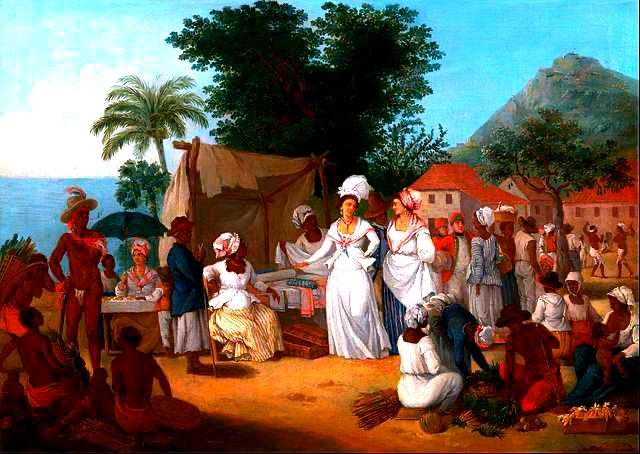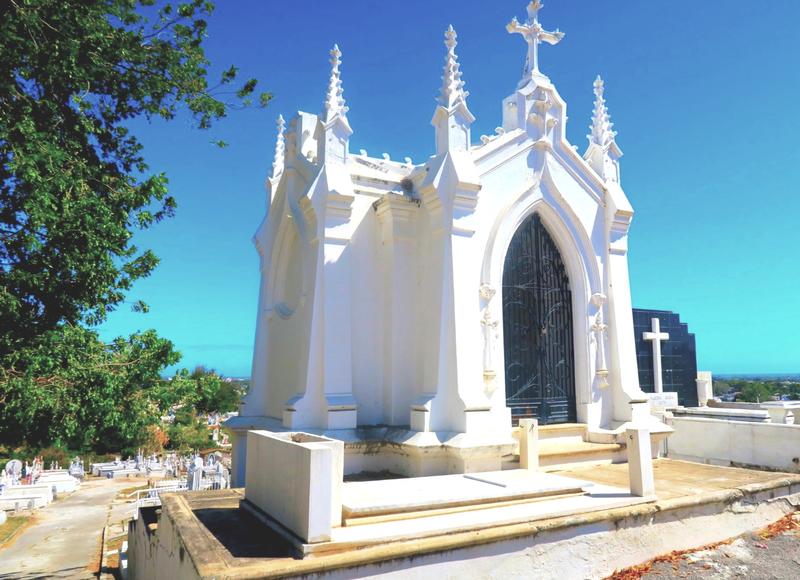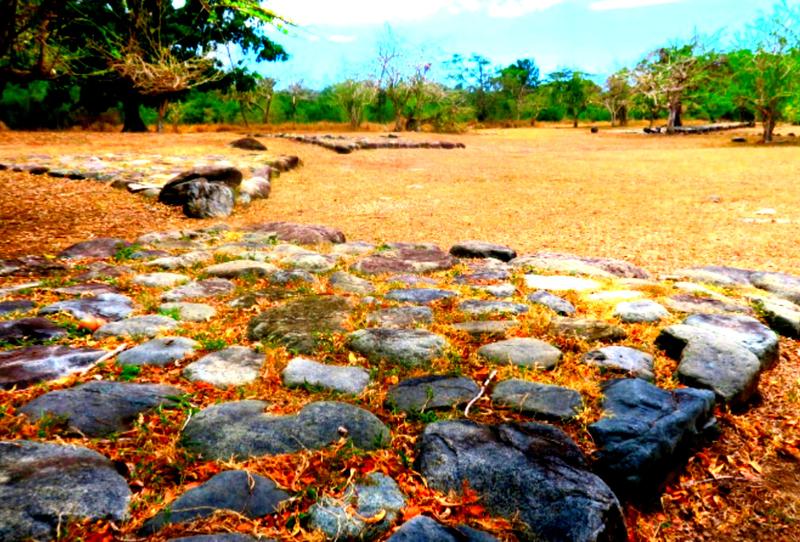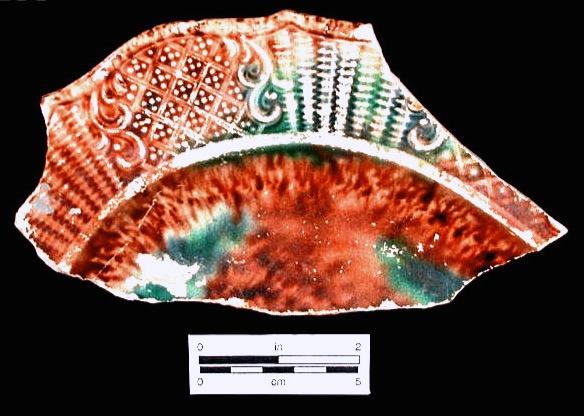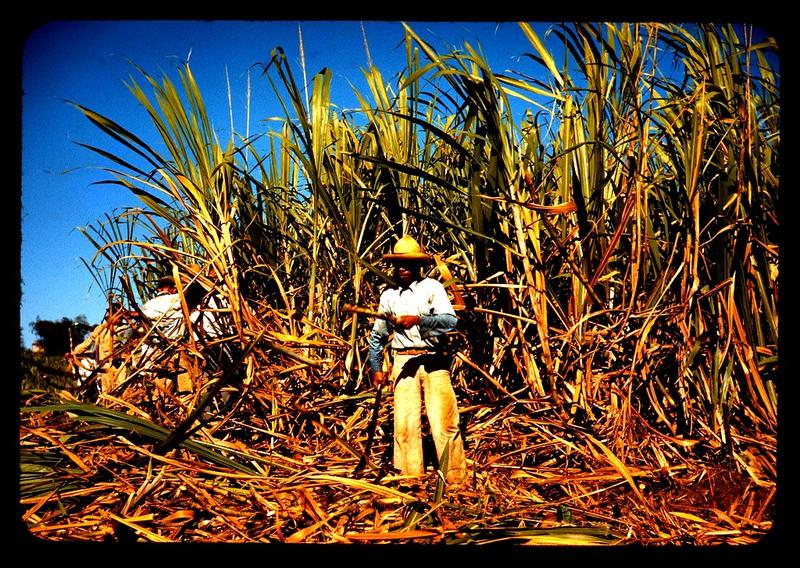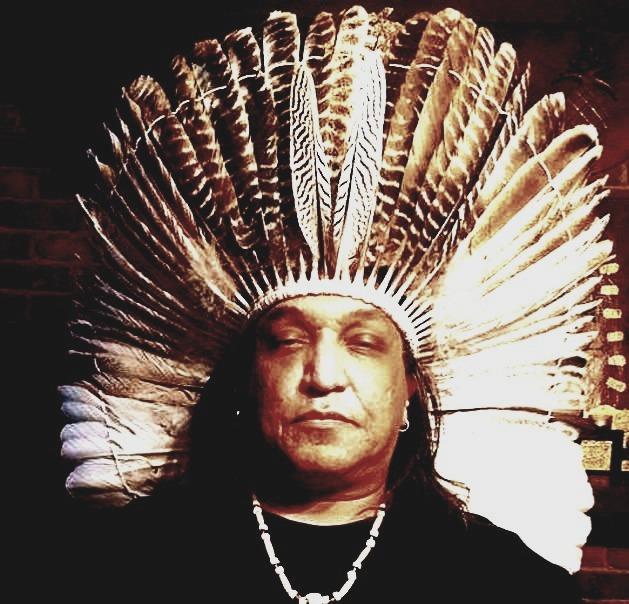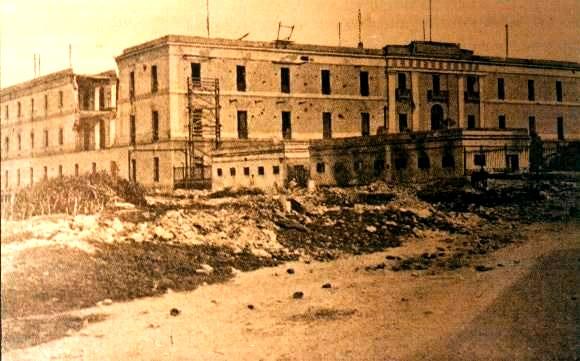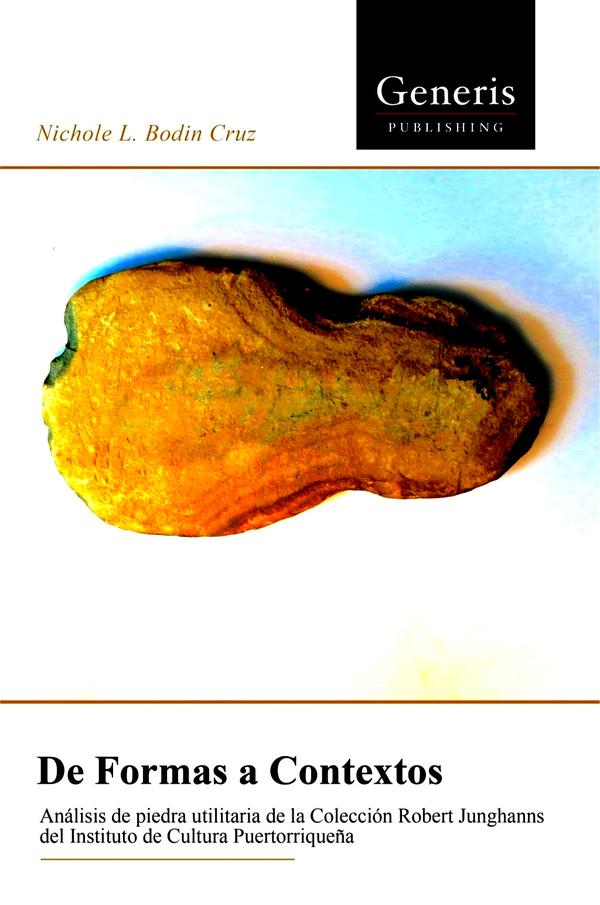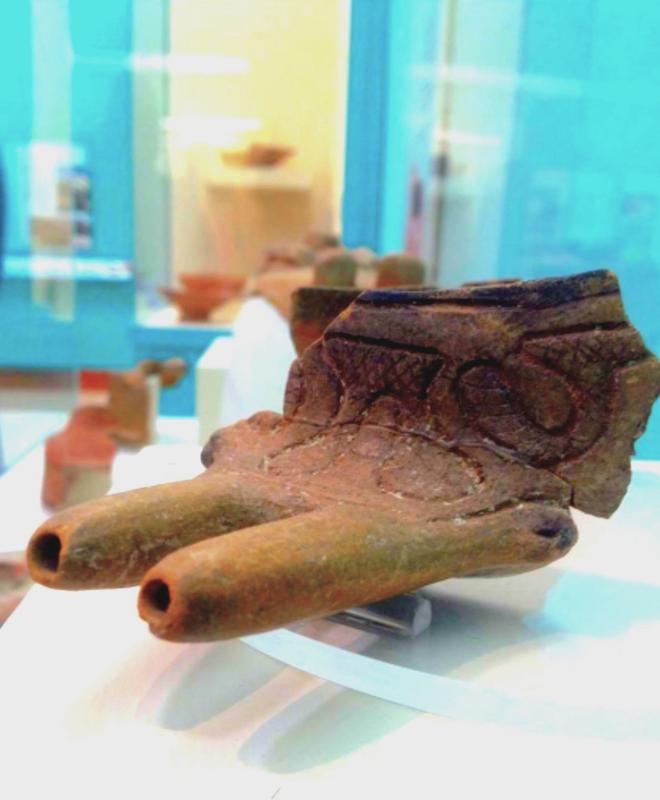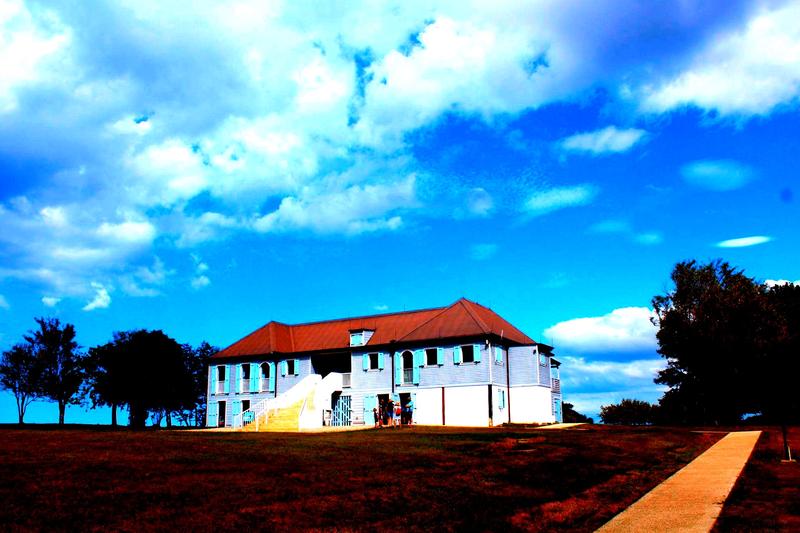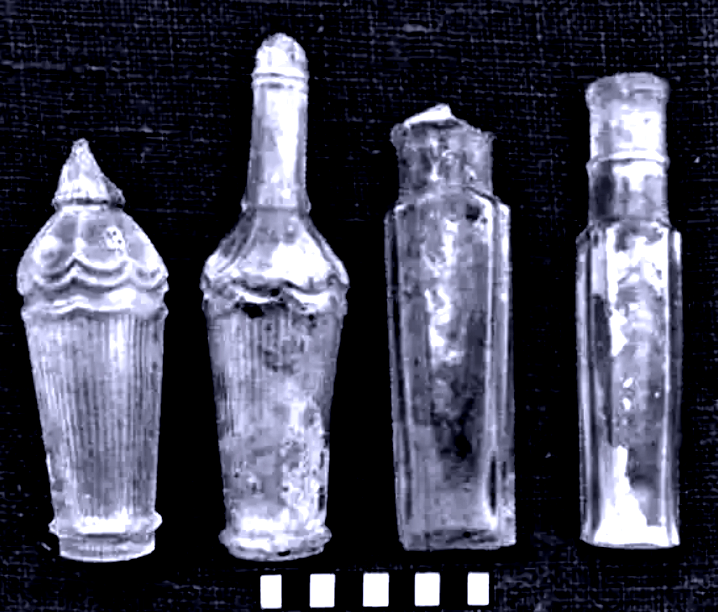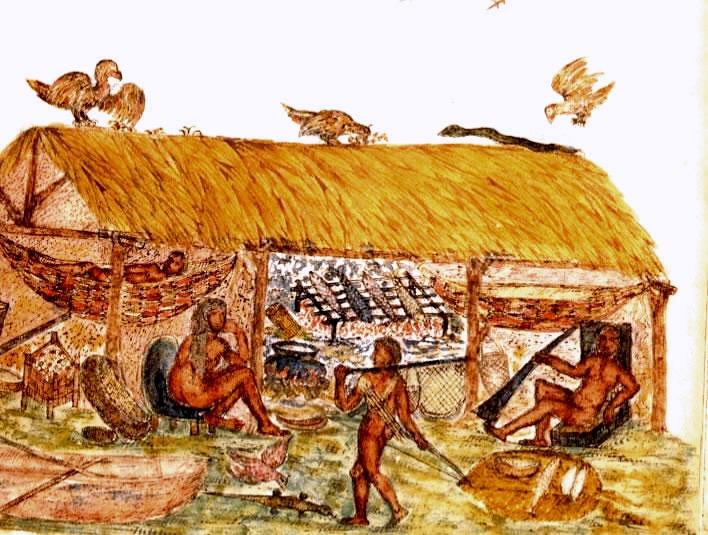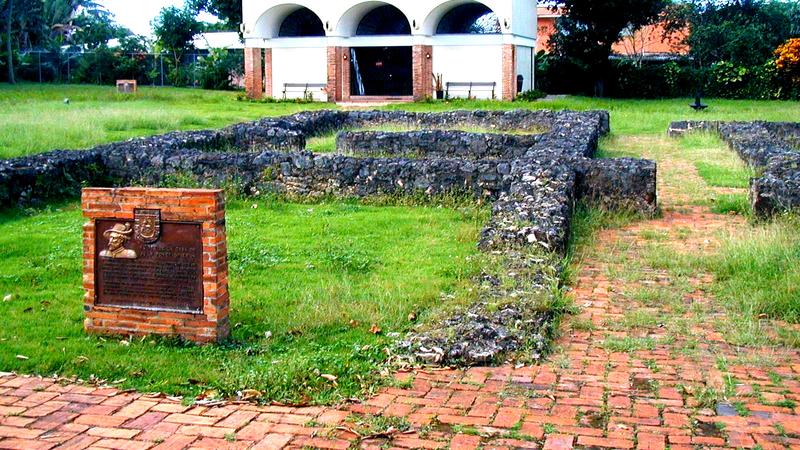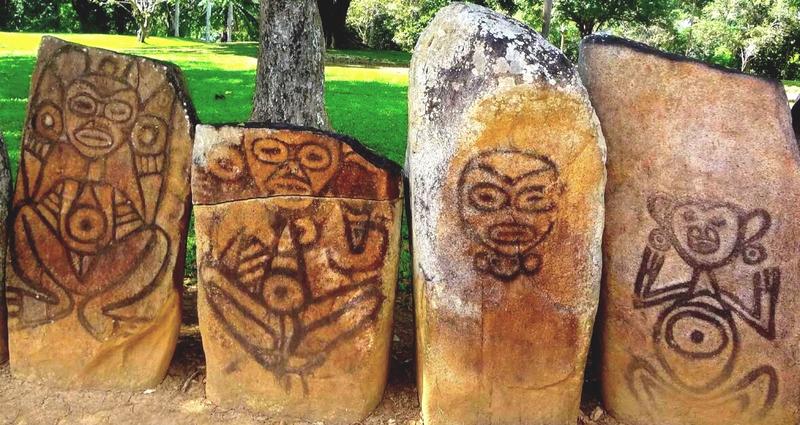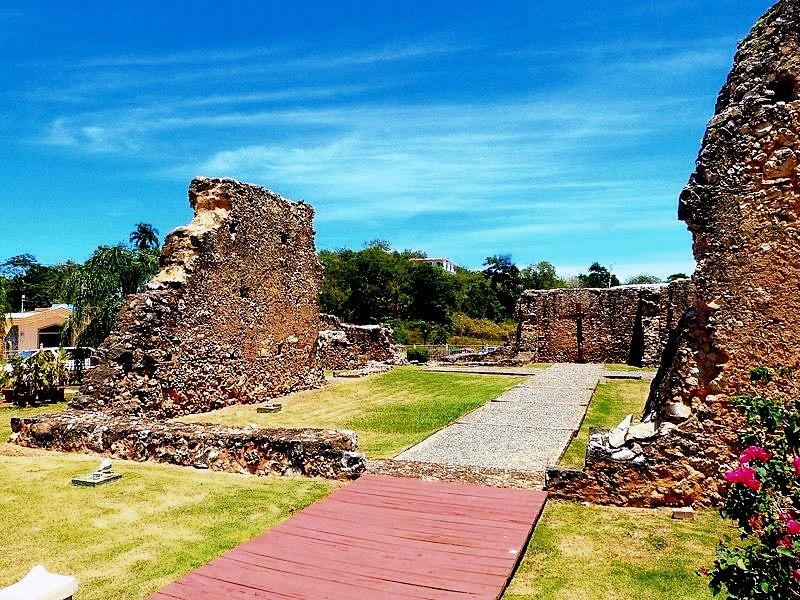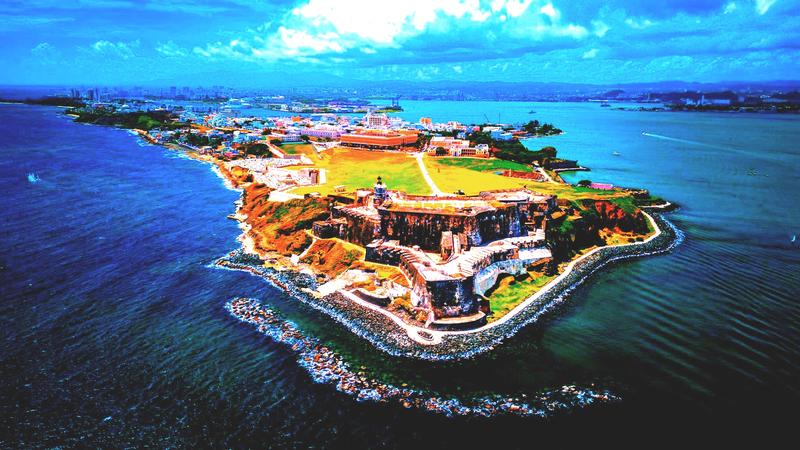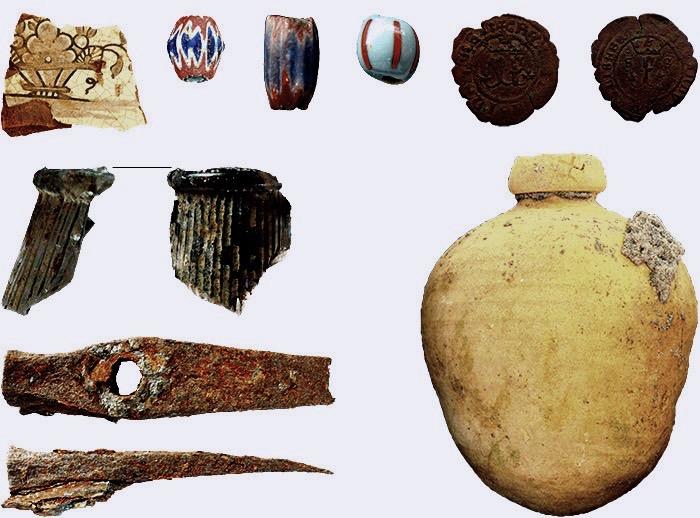

Caribbean archaeology offers a unique window into the past,
revealing information of ancient cultures, colonization, and natural
landscapes. With the study of artifacts, settlement patterns, and ruins,
ongoing research uncovers stories of resilience and transformation.
The Caribbean was home to thriving indigenous populations before European colonization.
The Igneris were an original ethnic group that lived in the Lesser
Antilles in the Caribbean prior to the Europeans' arrival. It is thought
that their culture emerged circa 1500 BC in the Orinoco region of
Venezuela. They were hunters, fishermen, and farmers, noted for their
pottery decorated with red and white colors. Axes, scrapers and polishers were among their practical tools. They typically resided close to
rivers, although it's thought that they favored mountainous regions.
The Taínos descended from the Igneris and lived across islands such as Hispaniola, Puerto Rico, and Cuba. Evidence of their legacy includes ceremonial sites, intricate pottery, and tools made from stone and shell. Traces of their culture remain embedded in Caribbean traditions.
Hurricanes, storm surge, and erosion have destroyed some of these
sites before they were fully studied. Rising sea levels further endangered coastal and underwater locations. Fragile organic materials like wood
and textiles degrade quickly in humid conditions, leaving only durable
items like ceramics and lithics.
Insufficient funding for archaeological academic research has created a limitation for extensive excavations and thorough analyses, steering researchers towards theories that lack a profound historical insight.
Also, the limited involvement of archaeologists with specialized knowledge in Caribbean archaeology has restricted the possibility of ongoing research and the analysis of discoveries and artifacts.
On this page, I have shared some research articles with the aim of preserving the legacy that precolonial archaeology has tried to sustain. Also, discussions about colonial archaeology are meant to explore Puerto Rico's past history during the periods of Spanish and American colonial dominance.
Despite these challenges, there are new efforts trying to
protect and study the past with emerging technologies that are reshaping
how archaeology is now conducted in the Caribbean. Any feedback in regards these discussions for possible debates are welcome.

